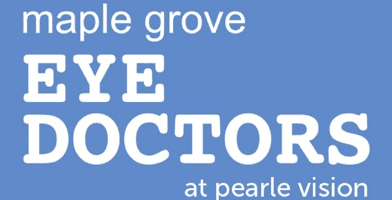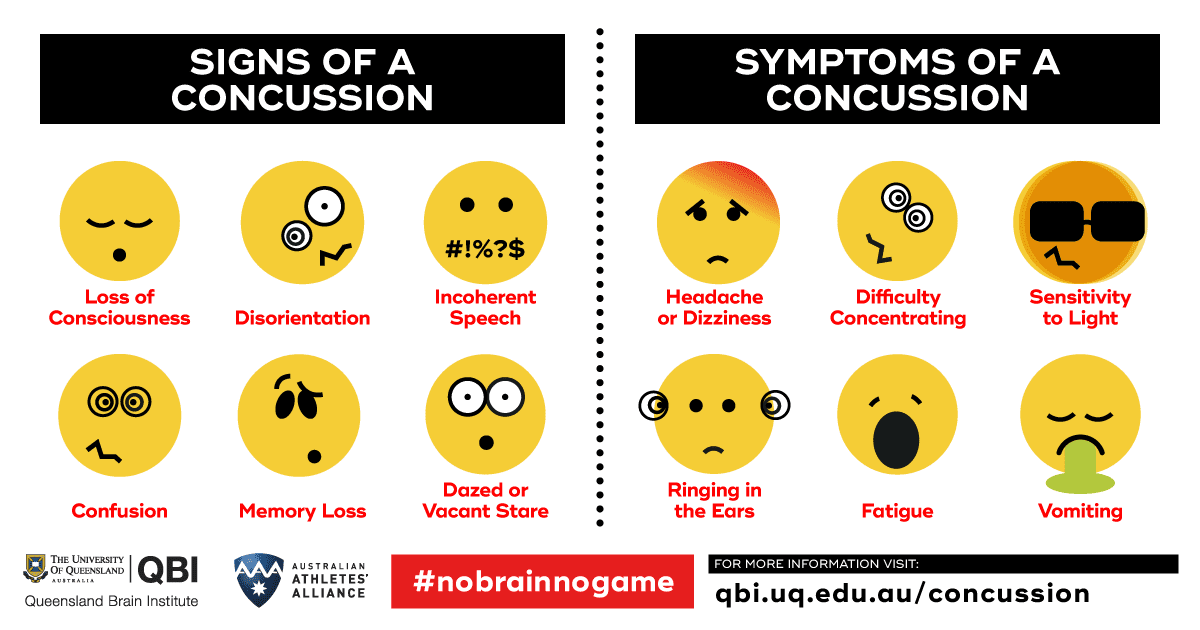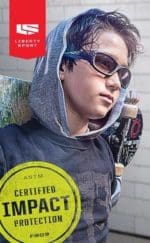What is a concussion?
Mild, moderate, and severe concussions cause closed head injuries, known as Traumatic Brain Injuries are a serious problem that occur as a result of head trauma. Concussions can occur for a huge number of reasons: falling off one’s bike, getting hit by a hockey puck or baseball, heading a soccer ball, getting into a fight – anything that can cause serious blunt force to the cranium.
A concussion of any severity may cause visual dysfunction. These visual symptoms may be dramatic and obvious –think blindness and double vision or much more subtle like difficulty focusing at near objects-print or computer screens.
A Traumatic brain injury can cause one or more problems with vision:
- Blurred vision
- Sensitivity to light, glare sensitivity
- Reading difficulties; words appear to move
- Comprehension difficulty
- Attention and concentration difficulty
- Memory difficulty
- Double vision
- Aching eyes
- Headaches with visual tasks
- Inability to maintain visual contact or focus
- Reduction or loss of visual field (Visual Field Loss)
- Difficulties with eye movements, such as:
- Ocular pursuits (eye tracking ability)
- Saccadics (shifting gaze quickly from one point to the other)
- Accommodative inability (focusing)
- Binocular vision (eye alignment, eye teaming, depth perception, 3D vision, stereopsis)
These visual problems can be successfully decreased or eliminated with various treatments, such as:
- Optometric Vision Therapy
- Neuro-optometric Rehabilitation Therapy (also, known as Vision Rehabilitation or Optometric Neuro-Visual Processing Rehabilitation) Corrective lenses, such as Yoked Prism Lenses
- Phototherapy programs (Syntonic Optometry, Light Therapy)
Eye muscle surgery (strabismus surgery) is a very questionable treatment option for visual consequences of brain injury, because — unlike rehabilitative therapy, eye muscle surgery does not treat the problems occurring in the patient’s brain.
An athlete who has suffered a concussion and has noticed a change in vision, balance, academic success, or overall comfort should have a neuro-optometric assessment with an optometrist who has received advanced training in neuro-optometry and binocular vision.
Be sure to see one of our Optometrists if you or your child has suffered any type of concussion, no matter how mild or severe. Avoid extenuating problems later.






